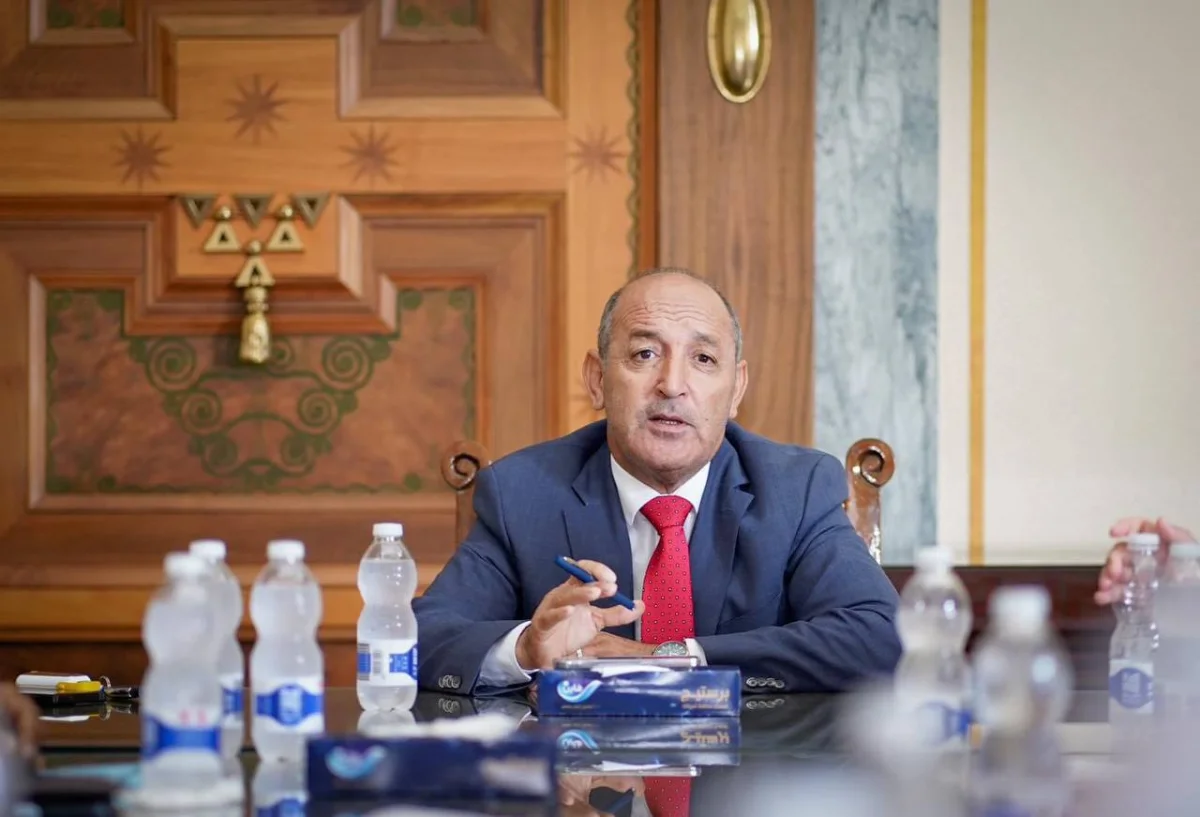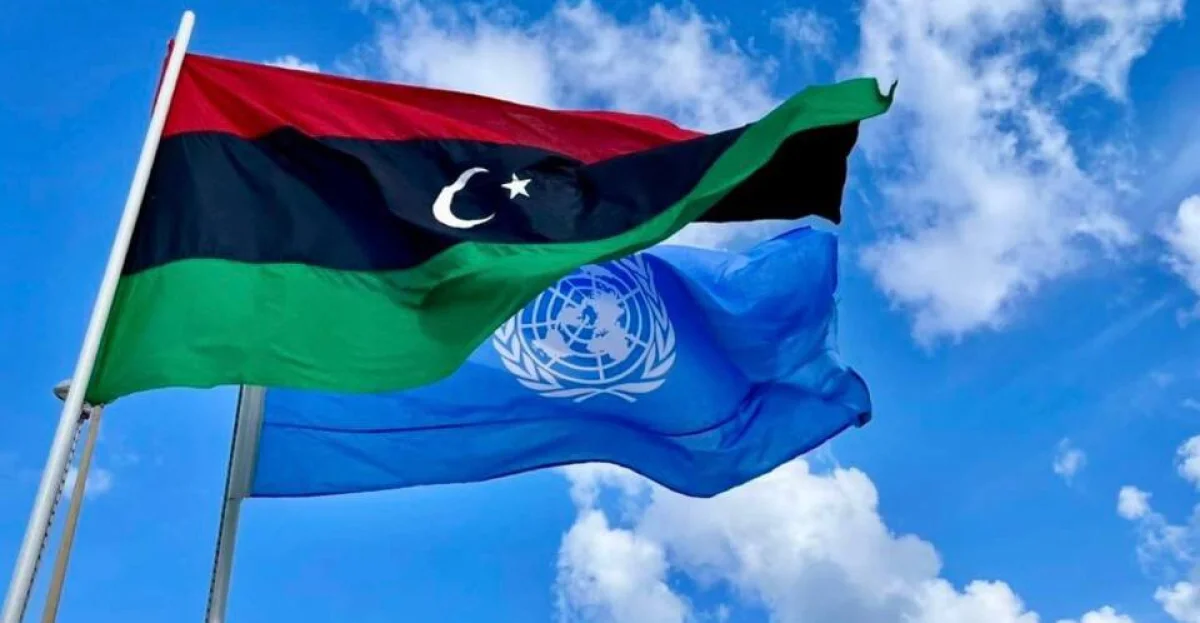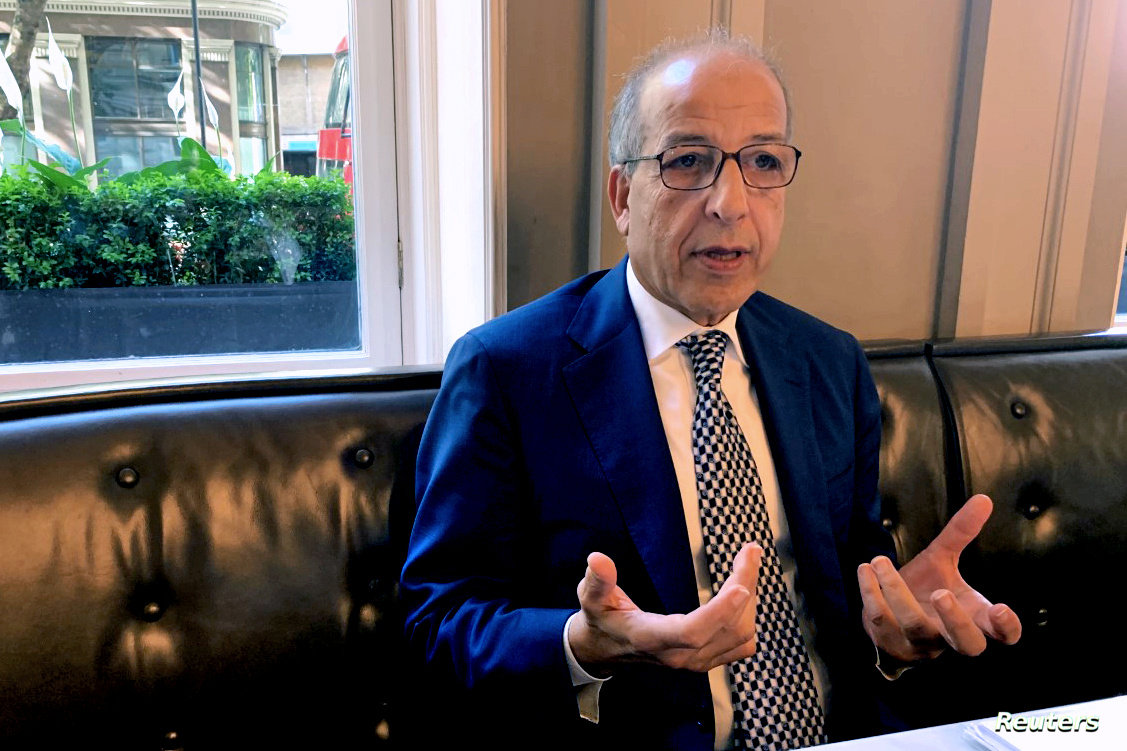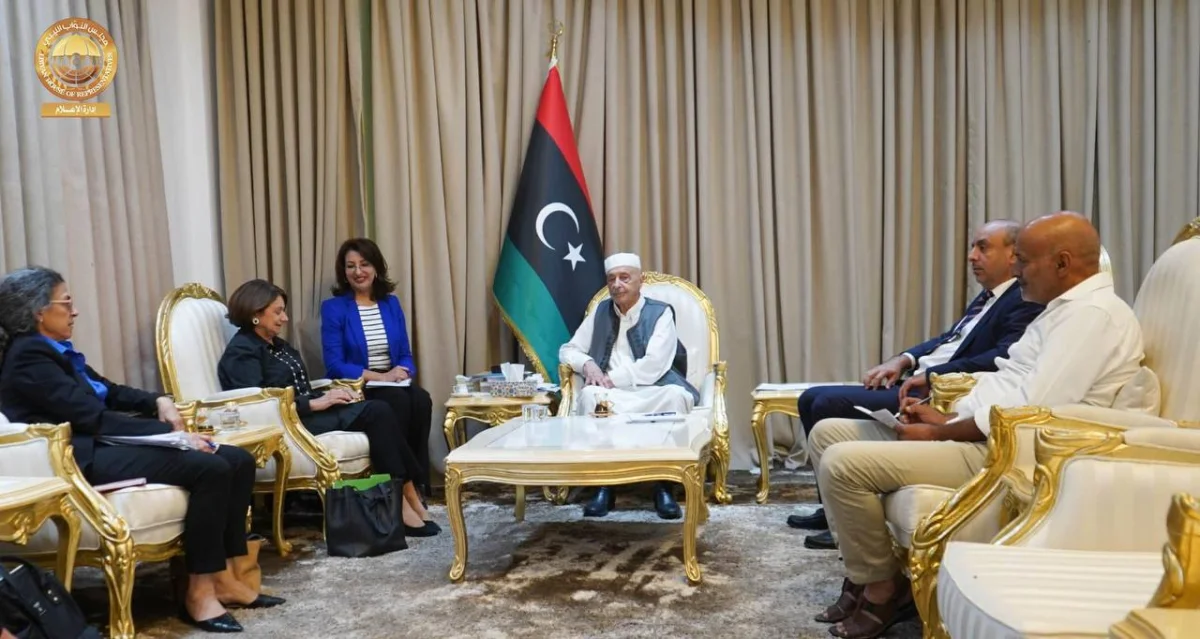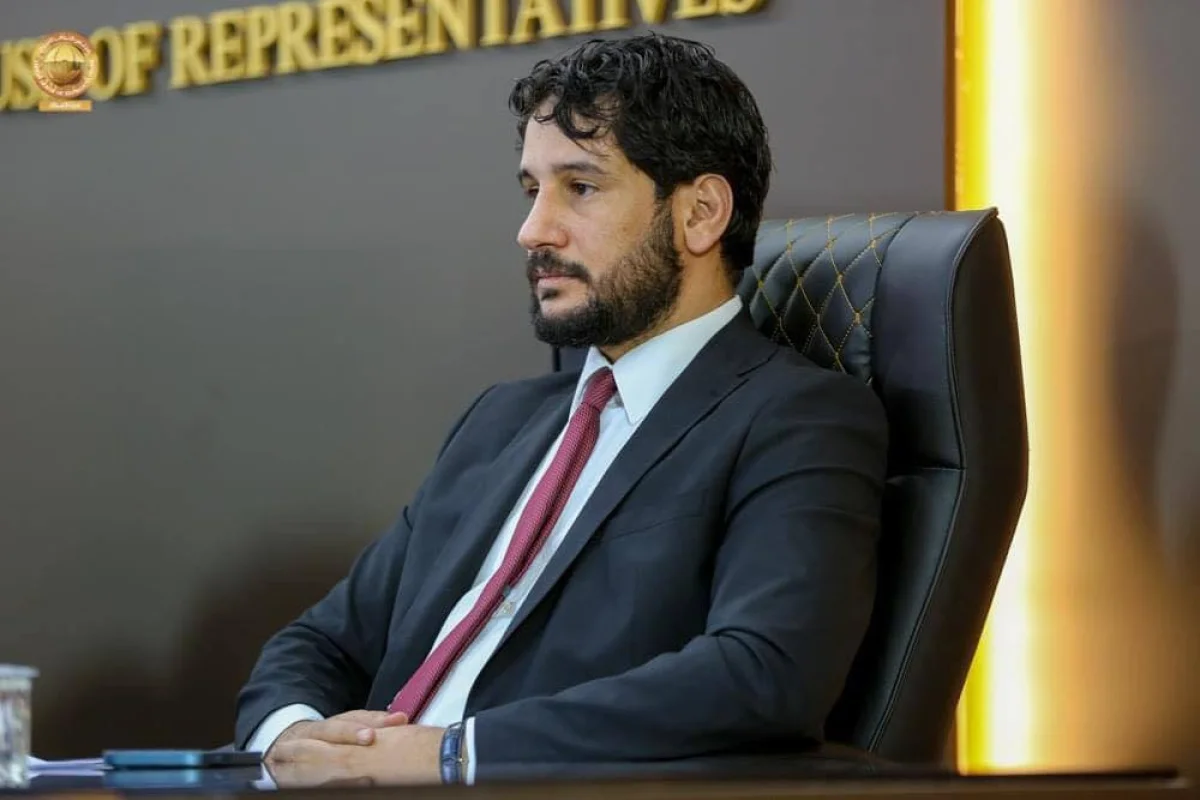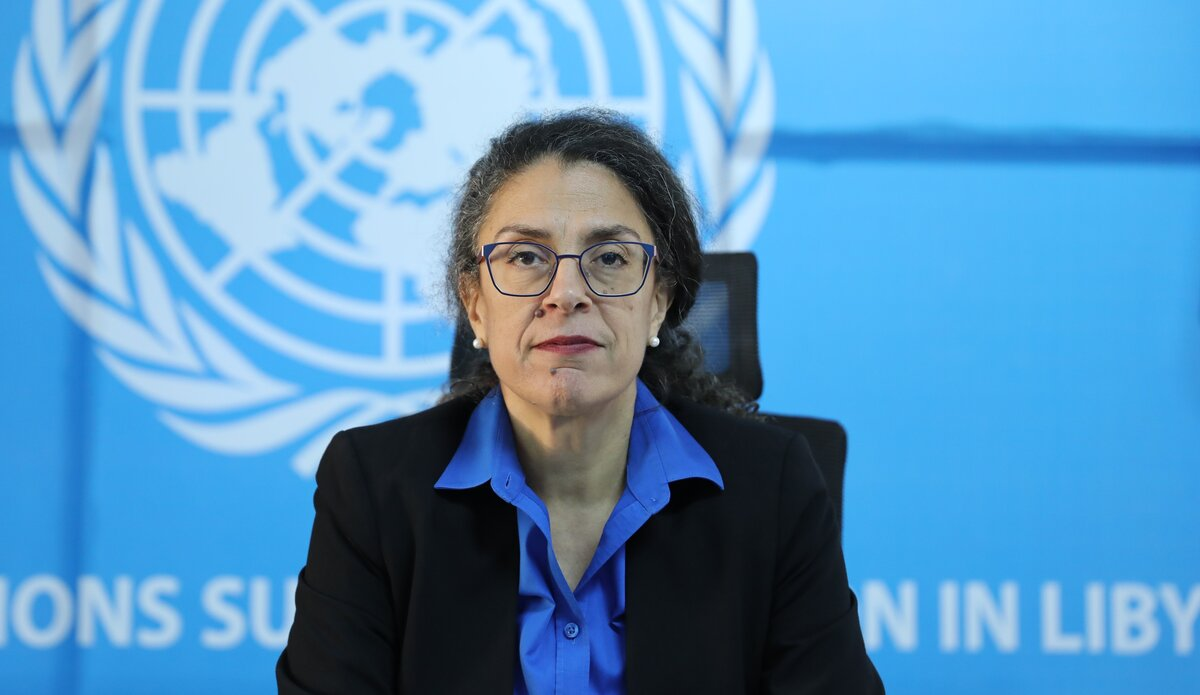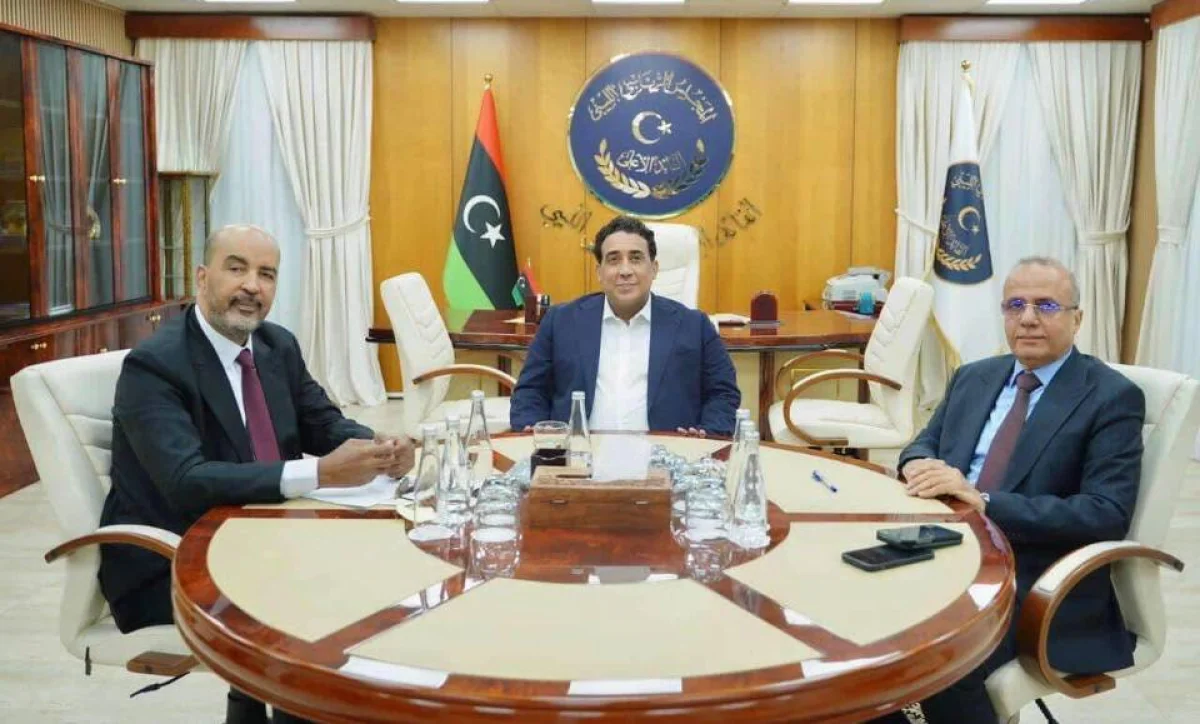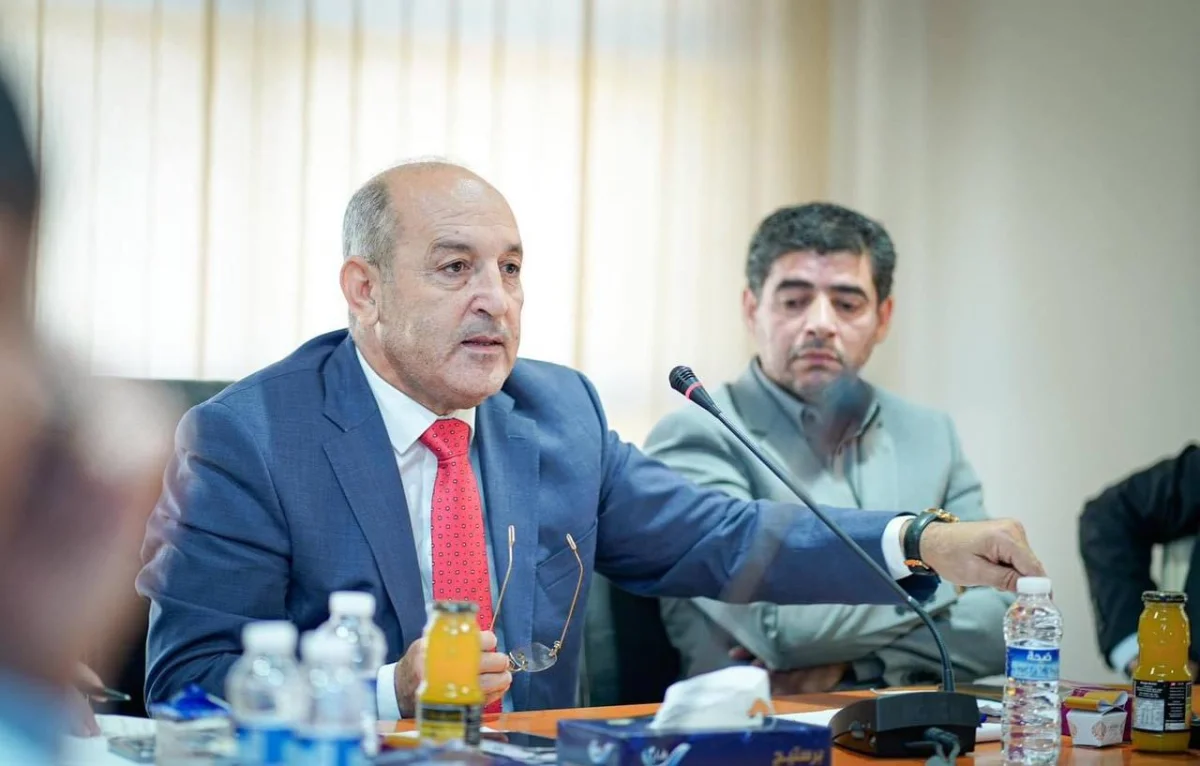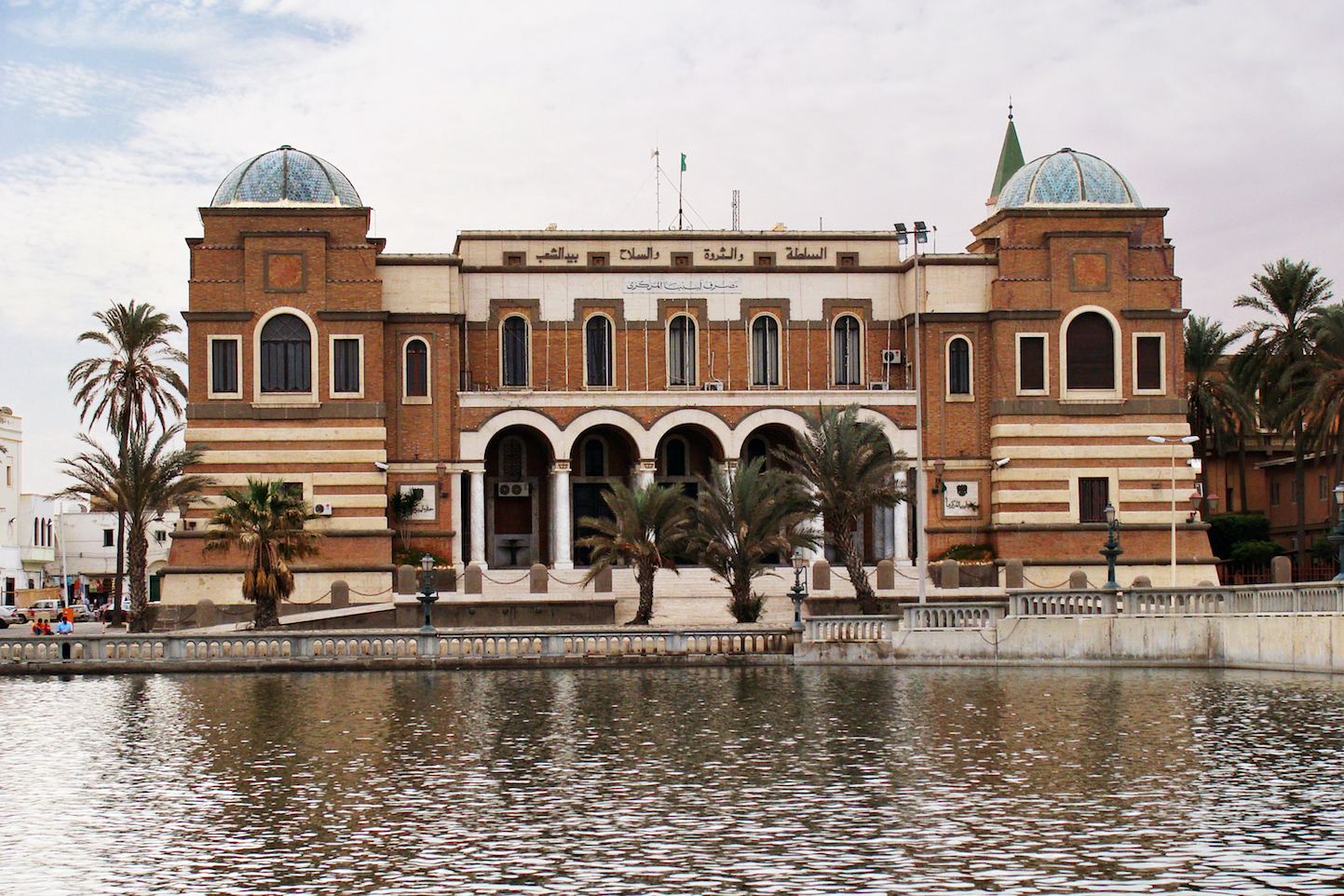Central Bank Management Appointed by the Presidential Council Releases Monthly Revenue and Expenditure Statement from January to August
The management of the Central Bank of Libya, appointed by the Presidential Council, has released its monthly statement of revenue and public expenditure for the period from January to August of this year. The statement reveals that revenues exceeded 66 billion dinars, while public expenditure totaled 59 billion dinars over the past eight months, resulting in a surplus of 7.1 billion dinars.
The statement also detailed the expenditure for the Government of National Unity, which amounted to more than 1.54 billion dinars over the past eight months. Expenditure for the Presidential Council reached over 321 million dinars, while expenditure for the House of Representatives exceeded 707 million dinars.
